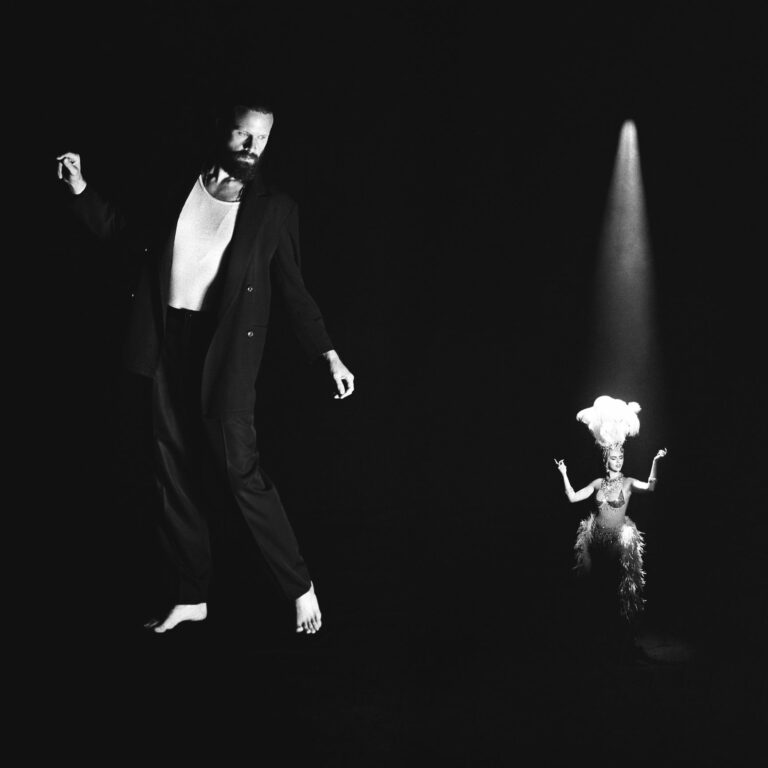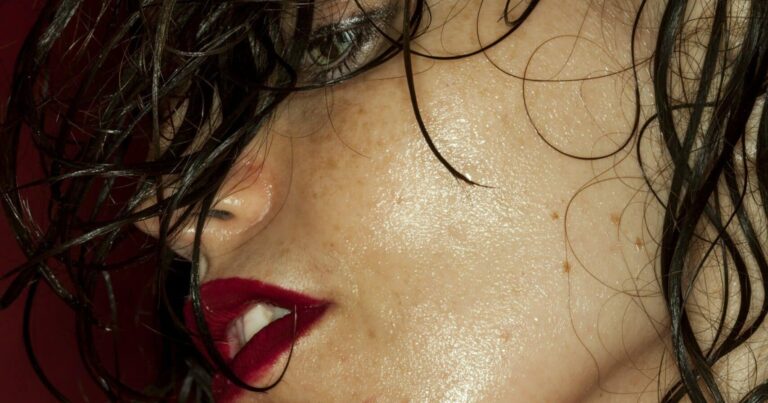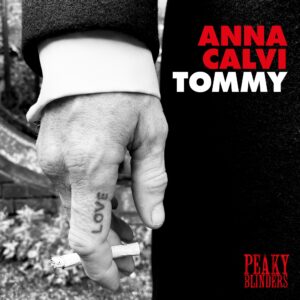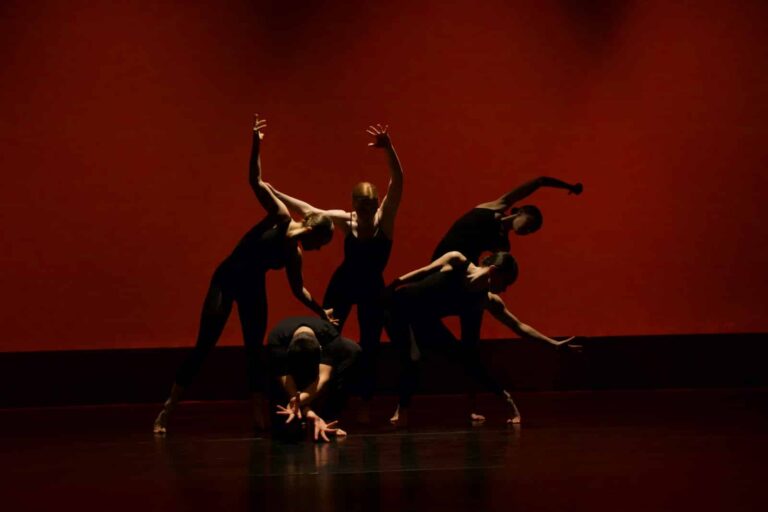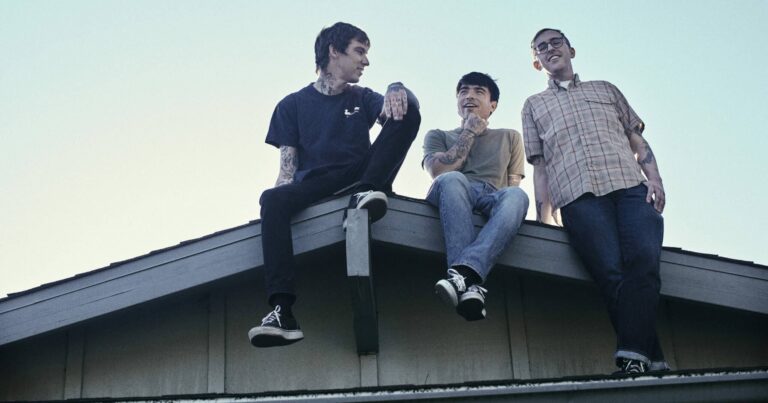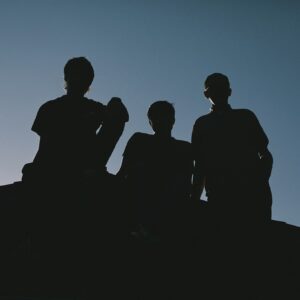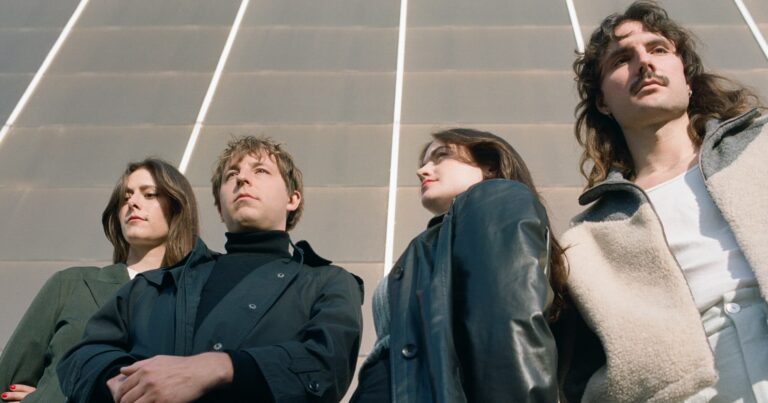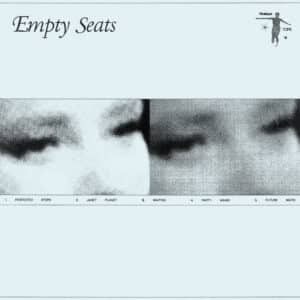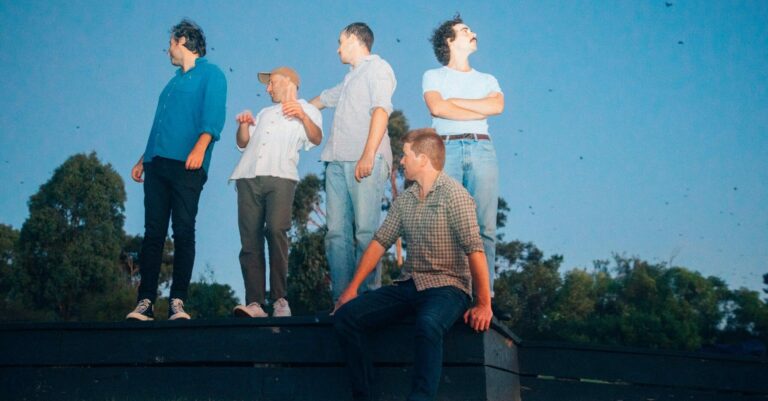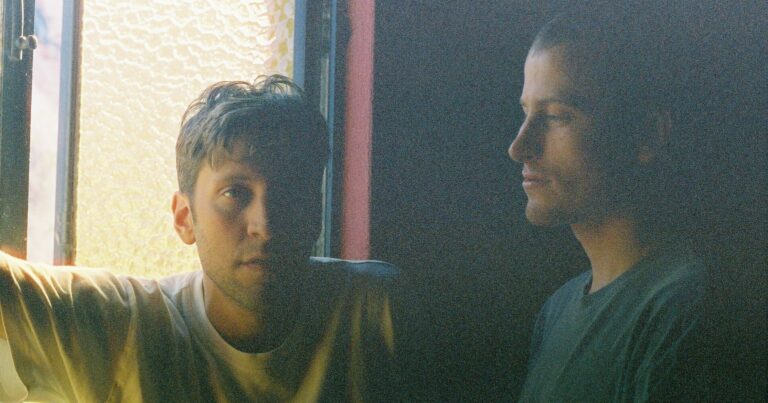Online slots have been making waves in the online gaming scene since the introduction of Cash Splash, the first-ever slot machine by Microgaming. Unlike other online casino games, slot machines are easy to play, exciting, and accommodating. Moreover, they come with state-of-the-art functionalities like well-delivered themes and responsive controls. In this article, you’ll find detailed information on the top slot machines that you can now play at US online casinos.
1. Cleopatra’s Gold
Cleopatra’s Gold is one of the most interactive slot machines inspired by the most famous ancient Egyptian ruler, Cleopatra. The progressive jackpot game is powered by RTG or Real Time Gaming, a software developer known for crafting immersive, high-quality games. Once you launch the slot, you will come across a 5-reel, 3-rows, and 20-payline video slot with a 95% RTP. Expect multiple symbols inspired by Egyptian culture, including a Cat, Scarab, Ankh, and the Eye of Horus. Cleopatra is the wild symbol at the medium volatility slot and can replace any other symbol except the scatter, which the Pyramid represents.
Remember, to play the game, you need coin values ranging from 0.01 to 5.00. But before spinning the reels, note that three or more scatters activate up to 15 free spins, which come with a x3 multiplier. You can also reactivate free games during the free spins round. In addition to that, aligning 5 or more scarab symbols on a payline triggers a jackpot of 1,000 coins. Make sure you pay attention to the wild because if one or more wilds occur on a winning line, it doubles the earnings. Lastly, Cleopatra’s Gold has a random progressive jackpot that you can win at the end of any spin.
2. Gladiator Slot Machine
Gladiator by Playtech is a 5-reel, 3-rows, and 25-payline video slot inspired by the film with the same name. The game takes you back to the Roman empire with its interactive theme and symbols, including Proximo, Lucilla, Commodus, and Gracchus. The Gladiator’s helmet is the wild and can replace any other symbol on the payline except the scatter. The wild only appears on reels 2, 3, and 4, and if you manage to align three on a payline, you start the jackpot bonus. The Colosseum is the scatter symbol, and aligning three or more on a payline activates the bonus, which prompts you to pick stones to win a prize.
To play the 94.1% RTP slot machine without risking any of your own cash, why not try out a free promotion? The best USA no deposit bonuses come with reasonable wagering requirements and can be in the form of free chips or free spins. Top10Casinos.com is always helpful to find such bonuses so you don’t have to.
3. Ace Ventura
Ace Ventura is an interactive slot machine that follows the pet detective movie Ace Ventura. The game comes with 5-reels, 3-rows, and 243-paylines and allows you to wager a coin size of 0.01 to 0.40. The game is playable on any US online casino, given that the USA is one of the countries where online gambling is most popular. The game by Playtech features symbols such as different Portraits of Jim Carrey and a Jim Carrey Detective Badge. Jim Carrey holding the Ace Ventura Wild Card is the wild and can displace any other symbol except animal modifiers, and the scatter symbol.
The Rhino Bonus Symbol is the scatter and occurs on reels 1, 3, and 5 to award 7 free spins. You can collect two animal modifiers and match them with free spins to win fantastic prizes. Note that aligning three or more of any of the 10 symbols on a payline can help you enjoy up to a x200 multiplier. Also, the medium volatility slot comes with an RTP of 96.18% and has an Autoplay button, which allows you to spin the reels hands-free.
4. Diamond Dozen
If you want a jewelry-themed progressive slot machine, consider Diamond Dozen by Real Time Gaming software developer. The game features 5-reels, 3-rows, 20-paylines, and an RTP of 95%. While playing Diamond Dozens, expect symbols such as Designer Bags, Roses, Diamond Rings, a Lady Portrait, and Handsome Bachelors who can earn you up to 2000 coins. The White Diamond symbol is wild and can replace any symbol except the scatter. With white diamonds on a payline, you can win a prize of 3000 coins. Also, match three or more white diamonds to trigger the Diamond Delight feature, which comes with multipliers.
On the other hand, the blue diamond represents the scatter symbol, and aligning 3 or more on a payline can trigger up to 12 free spins whose wins are doubled. With as little as 0.01 coin size, you can also try your luck to align 5 scatters on a payline and multiply your bet by x100. Lastly, you can be lucky to win the random progressive jackpot, which is significant. This is one of the games that has increased the popularity of online casinos, explaining why Super Group is entering the US online casino market. It has also helped increase the number of new sign-ups on different casino sites.
5. Fruit Zen
Anyone who knows what an online casino is is likely to have a hint of Fruit Zen, a medium volatility 3D slot machine with an RTP of 95.60%. The BetSoft video slot comes with a purple theme and moving water graphics, giving it a calm feel. Furthermore, it features standard 5-reels, 3-rows, and 10-paylines. From the name, expect symbols such as Watermelons, Cherries, Grapes, and Lime with the Fruit Zen logo, which is an expanding wild. The wild only appears on reels 2, 3, and 4, where it triggers free spins.
To play the game, you need coin values ranging from 0.02 to 1.00. You also can select the number of lines and the bet per line. Besides that, you should know that Fruit Zen is one of the top slots that lacks a scatter symbol. Lastly, you can spin the reels manually or use the Autospin button.
6. Dark Hearts
Dark hearts is a good example of what online casino games tell us about popular culture. That is courtesy of its vampire-themed outlook, which gives it a feel of some binge-worthy TV shows. The slot machine features 5-reels, 3-rows, 243-paylines, and an RTP of 95.20%. It also comes with symbols such as a Lock and Key, a Red Rose, and a couple of Vampires. The Seductive Lips is the wild symbol and can appear anywhere on the payline. On the other hand, the Key and Lock is the scatter symbol, and aligning three or more on a payline can activate 30 free spins and x1 multiplier, 15 free spins and x2 multiplier, not to mention 10 free spins and x3 multiplier.
Another symbol that comes with an exciting prize is the DH symbol. Aligning five DH symbols across the reels can trigger a win of 1,250 coins. If you find the game interesting to play, you should know Dark Hearts comes with coin denominations ranging from 0.01 to 0.25, and you can bet anything between 1-10 coins per spin.
7. Almighty Dollar
The almighty dollar is a Rival-developed slot machine with an RTP of 94.35% that you can now play on US online casinos. The video slot comes with 3-reels, 3-rows, and 5-paylines, not to mention a heaven gold theme. Expect symbols such as A pair of Angles, a Lion, 7s, and a set of golden items – Trumpet, Ring, and Lyre. The Free Spins logo is the scatter, and having two or more on a payline will earn you up to 21 free spins. On the other hand, the 3x Wild is the wild symbol, and as the symbol states, it comes with a x3 multiplier.
Playing the game is simple since you only need to wager a minimum coin size of 0.01 and a maximum coin size of 5. While playing the game, it is also crucial to remember that Almighty Dollar comes with a bonus where you get x450 your wager. Note that to achieve the offer, you need to align three wild symbols on a payline.
So far, those are some of the top slot machines that US online casinos currently offer. The slots come with amazing symbols and fascinating features, with some like Cleopatra’s Gold having a progressive jackpot. If you have gone through this read carefully, you will notice that you only need a few coins to play the slots and try your luck in winning some cash.



